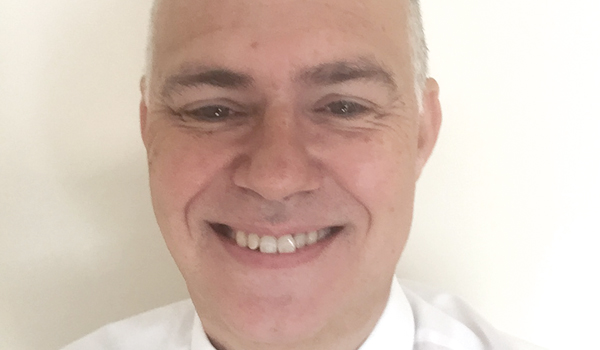Science v innovation
Dr John Coxhead discusses the role science plays in advancing and resisting advances in practice, arguing that policing needs ideas that lead the law enforcement battle.
The East Midlands Policing Academic Collaboration (EMPAC) has been developing some surveying tools to explore how innovative policing is. Early responses seem to suggest not very. In digging into why that might be, the pros and cons of being a hierarchical, disciplined, command and control culture come out. Operationally, we know and would forget at our peril about the benefits of command and control (the gold, silver, bronze concept was borne out of the tragic chaos of the night of Broadwater Farm back in 1985). Yet, it is the possible restrictions of being too rigidly hierarchical and controlling in the policing mindset that is the focus here. To be clear, thinking about innovation does not mean we have to reject or abandon control, it is rather about considering a different balance between the order of now and the creativity of what if. At this early stage of this discussion you may well be thinking already this is pie in the sky nonsense. OK, well let us be scientific about this. Just consider the tense interplay between science and invention. If we assume science is a respectable and trusted thing it is a logical rationale that tries, tests and proves things, so we can make advances of knowledge and be sure about things, right? Science is the answer and the problem Charles Darwin was a scientist basically an anthropologist (he studied previous lifestyles of various animals). One of his (unpopular) conclusions was life is a cycle of evolvement, rather than a static condition of just being. That might not sound too revolutionary but the very powerful institution of the Church condemned his early findings, and him. As well as his story being an example of the troublemaking nature of scientific advancement and discovery, his mantra of adapt or die is particularly relevant for us to apply here. Darwins philosophy actually reinforced many earlier writings, for example, the Tao te Ching, some 2,000 years previous, about the benefits of flexibility, rather than rigidity, in thinking, with his added scientific logic. Strength can come through change and flexibility is the core point, and that has been a steady trickle of an idea in management theory, not least in the fairly recent work by the renowned authority on the science of high performance Matthew Syed in Black Box Thinking (progress is based on failure, etc). Keith Thomas also wrote an interesting book in 1975, called Religion and the Decline of Magic. It charts the story of the Dark Ages and the progress from superstition to the more ordered script of religion. And there was another major shift, and tension, from the age of religion to the age of science. Of course, science and religion co-exist, but they have been at odds with each other over the times. To challenge some religious thinking, in a scientific way, in the past has seen some folk jailed and executed, for example. So in the cycle of change we have a cycle of tension, what Thomas Kuhn called a revolution: when mindsets change. The tension means there is a status quo, which can very often resist change, because it is protecting a way of being that works. Before a change, people can be very comfortable with how things are now and can even regard change as a very real threat. Hence the resistance to change, or the preservation of existing order, whichever way you wish to look at it. Science is a funny thing because although it has led the charge of change in so many ways over history, it has also fought it. Scientific development has given us so much of what is now relied upon in modern society, across engineering, medicine and communication, yet pretty much every example you select in any of the advances made, began with complete rejection and opposition from the scientific community because of the change. Science attacks the status quo, then defends it, then attacks it again in a state of constant tension. Beyond science: The idea And there is a concept beyond science of ideas. Following the grow


